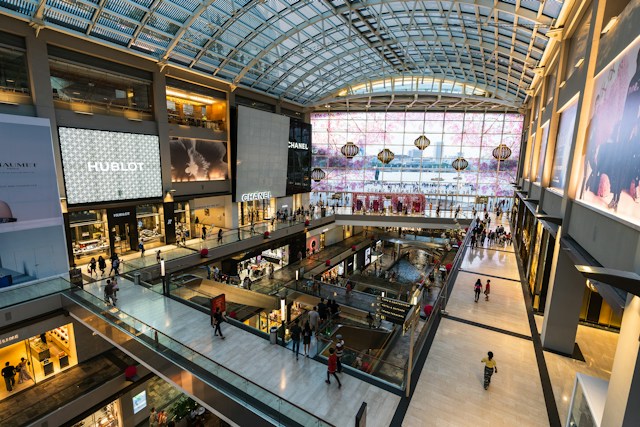
Retail Giants Unveil Expansion Plans for 2024 Amidst Shifting Market Dynamics
At the close of the previous year, local modern commerce exceeded 4,500 stores, with retailers unveiling approximately 320 new supermarkets, hypermarkets, discount stores, and modern convenience outlets, according to calculations and estimates. Although the pace is slightly slower than in previous years, it remains noteworthy.
Read more about this in the article from Ziarul Financiar: https://www.zf.ro/companii/ce-planuri-de-expansiune-au-marii-retaileri-in-2024-cand-se-vor-22235242
Looking ahead to 2024, retailers are announcing ambitious expansion plans. Some intend to maintain the momentum set in the previous year, while others are stepping on the accelerator. All of this unfolds in a year when the first effects of major transactions from 2023 will become apparent.
On one hand, competition authorities will announce their verdict on the acquisition of Profi by Ahold Delhaize, the owner of Mega Image. On the other hand, Polish retailer Zabka, a major player in the region's strongest economy, will outline its first directives for Romania. Zabka represents the most significant new entry into the local food retail sector in the past decade. Additionally, Carrefour is set to finalize the integration of Cora's operations into its portfolio, having already received approval from the Competition Council. Carrefour also declares its intent to continue expansion, focusing on proximity. Auchan, too, places its bets on proximity.

The year 2024 is poised to be another period of growth for local modern commerce, an industry that has consistently prioritized development and expansion regardless of the economic context. In recent years, retailers have predominantly invested in two formats – proximity and discount. Notably, Mega Image and Profi, both specializing in supermarkets and convenience stores, were champions of expansion. However, the acquisition of Profi by Ahold Delhaize appears to have affected the pace of development for both chains last year. Lidl, the local commerce leader by turnover, also slowed its development after years of accelerated growth, citing inflation as a key factor.

In 2023, the retail and commercial real estate markets experienced a dynamic landscape marked by significant shifts and strategic maneuvers. The retail sector witnessed substantial transactions and acquisitions, such as Ahold Delhaize's acquisition of Profi and the continued expansion plans of major players like Carrefour and Auchan, reflecting a robust yet evolving market. On the commercial real estate front, the adaptation of retail giants to changing consumer behaviors and preferences influenced the demand for diverse commercial spaces. Proximity-focused formats gained prominence, impacting the spatial requirements for retail establishments. Despite challenges posed by economic fluctuations and inflation, the markets demonstrated resilience, with strategic decisions made by retailers influencing the overall performance of the commercial real estate sector in response to evolving consumer dynamics.
As these changes unfold in the retail landscape, they are expected to exert a profound influence on the commercial real estate market. The strategic decisions made by retailers regarding store formats, locations, and expansion plans will inevitably shape the demand for commercial spaces, particularly in areas prioritized for proximity-focused retail. Investors and developers in the commercial real estate sector should closely monitor and adapt to these evolving dynamics to seize opportunities and navigate potential challenges in this ever-changing market.

